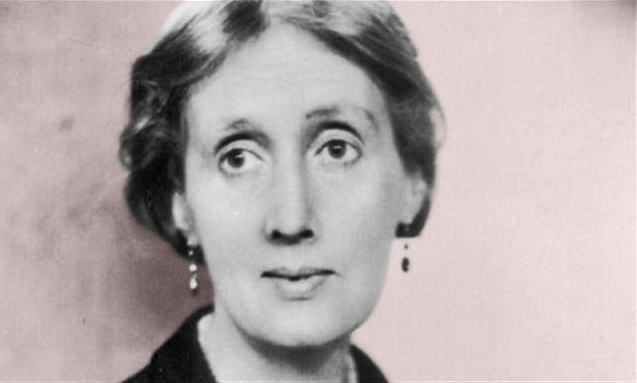
After finishing her first novel, The Voyage Out, Virginia Woolf wrote this short exuberant letter from the countryside to “talk shop” with her intimate friend and confidant Violet Dickinson. The two friends corresponded regularly but almost never saw one another after Woolf married Leonard in 1912. Records show that just before her death, she had all the letters Violet sent her over the years destroyed.
Asheham House, Rodmell,
Lewes [Sussex]
Friday, April 11th [1913]
My Violet,
[. . .] We aren’t going to have a baby, but we want to have one, and 6 months in the country or so is said to be necessary first [. . .]
All the morning we write in two separate rooms. Leonard is in the middle of a new novel but as the clock strikes twelve, he begins an article upon Labour for some pale sheet, or a review of French literature for the Times, or a history of Co-operation.
We sew articles over the world—I’m writing a lot for the Times too, reviews and articles and biographies of dead women—so we hope to make enough to keep our horses. I’ve sent my book to Gerald, but have heard nothing so far, and expect to have it rejected—which may not be in all ways a bad thing.
We are only waiting for £2,000 to start the best magazine the world had ever seen. Everyone agrees that it is the best idea in the world, but also hints that they can’t support the bankrupt. Still, we go on looking up to Heaven.
We spent a fortnight moving from factory to factory in the North, getting as far as Glasgow and seeing every kind of horror and miracle. As you can imagine, I don’t follow these economic questions very easily, but Leonard seems to be able to read and write and talk to enthusiasts without turning a hair. His book seems to be a great success—the reviews all compare him with Kipling—but I can’t see that he has the vanity of the true author—which is a serious reason against his being one. I’ve never met a writer who didn’t nurse an enormous vanity, which at last made him unapproachable like Meredith whose letters I am reading—who seems to me as hard as an old crab at the bottom of the sea. [. . .]
Yr
V.W.


